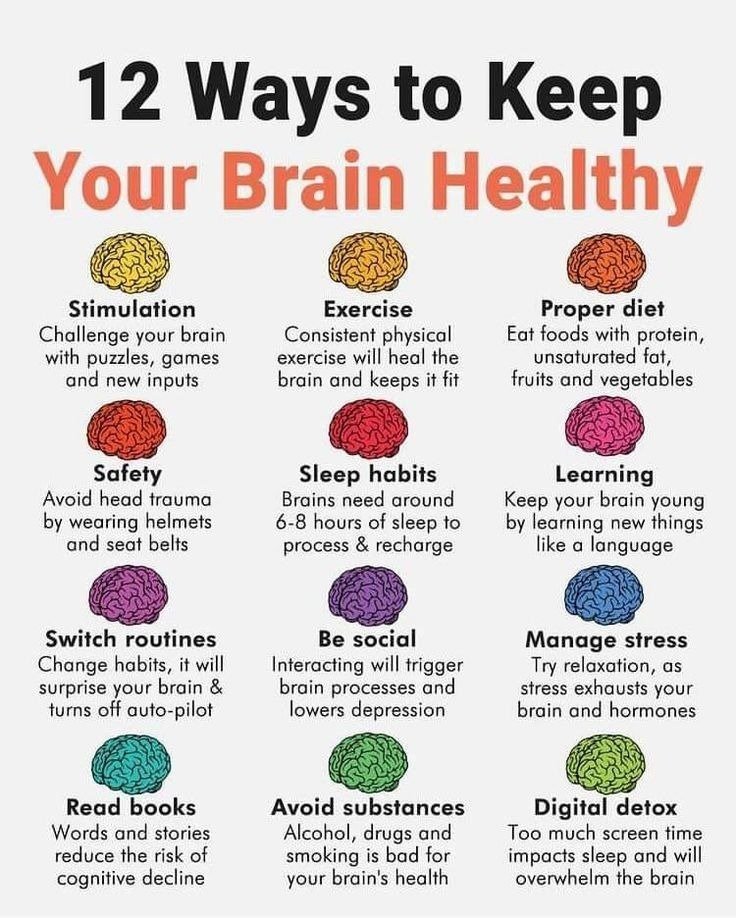In this article, we will explore five habits that are known to make people gain weight, and how to avoid them for a healthier lifestyle. By becoming more aware of these habits, individuals can take positive steps toward a balanced and mindful approach to their diet and overall well-being.
1. Overeating or Eating Mindlessly
One of the most common bad habits that can lead to weight gain is overeating or eating mindlessly. This happens when people eat beyond their physical hunger, often due to emotional triggers, stress, or habit. Overeating can cause the body to store excess calories as fat, leading to weight gain over time. The key to avoiding this habit is practicing mindful eating—focusing on your meal, eating slowly, and listening to your body’s hunger cues. This approach helps prevent overeating and ensures that you consume only what your body truly needs.
2. Skipping Meals
Another habit that many people believe is a quick way to lose weight is skipping meals, particularly breakfast. While it may seem like a shortcut to cutting calories, skipping meals can actually backfire. When you skip meals, your metabolism can slow down, and you may end up overeating later in the day because you are overly hungry. Additionally, skipping meals deprives your body of essential nutrients, leading to sluggishness and poor energy levels. The best practice is to eat balanced meals at regular intervals throughout the day to maintain a steady energy level and avoid unhealthy snacking.
3. Consuming Too Many Sugary Drinks
Sugary drinks like sodas, sweetened coffee, and juice can significantly contribute to weight gain. These beverages are high in calories but low in nutritional value, leading to an increase in body fat when consumed in excess. The body processes sugar quickly, and any excess sugar that is not used for energy is stored as fat. To combat this, it’s important to swap sugary drinks for healthier alternatives such as water, herbal teas, or water-infused with fresh fruits. These options hydrate the body without adding extra calories.
4. Lack of Physical Activity
Sedentary behavior, such as sitting for long hours at a desk, lounging on the couch, or not engaging in regular exercise, is another bad habit that leads to weight gain. Physical activity is essential for burning calories, improving metabolism, and building muscle mass. Without enough movement, the body doesn’t burn enough calories to keep up with energy intake, leading to weight gain. Incorporating regular exercise into your routine, such as walking, jogging, or any other physical activity you enjoy, can help maintain a healthy weight and improve overall health.
5. Eating Late at Night
Eating late at night, especially large meals, is another bad habit that can contribute to weight gain. The body’s metabolism naturally slows down in the evening, and eating heavy meals late at night can disrupt sleep and prevent the body from efficiently processing food. Furthermore, eating late often leads to overeating due to mindless snacking or emotional eating. To avoid this habit, try to finish eating at least two to three hours before bedtime. This gives the body ample time to digest food before you sleep and prevents weight gain associated with nighttime eating.
6. Choosing Unhealthy Snacks
Snacking can be an important part of a balanced diet, but choosing unhealthy snacks can quickly lead to weight gain. Snacks like chips, candy, or packaged baked goods are often loaded with unhealthy fats, sugars, and empty calories that add little to no nutritional value. Instead, opting for healthy snacks such as fruits, nuts, yogurt, or vegetable sticks can keep you satisfied without sabotaging your health goals. Healthy snacks not only curb your hunger but also provide essential vitamins and minerals.
7. Not Getting Enough Sleep
Sleep is a critical factor in maintaining a healthy weight, and consistently getting inadequate sleep can lead to weight gain. When the body doesn’t get enough rest, it can lead to increased hunger hormones, particularly ghrelin, which may cause cravings for unhealthy, high-calorie foods. Additionally, lack of sleep can reduce your motivation to exercise and make it harder for your body to burn fat. Aiming for 7-9 hours of sleep per night can help regulate hormones, improve energy levels, and support a healthy weight.
8. Stress Eating
Many individuals resort to food as a coping mechanism during times of stress. This stress eating can lead to overeating and make it difficult to stick to healthy eating habits. When under stress, the body produces cortisol, a hormone that can increase cravings for high-calorie, comfort foods. To prevent stress eating, it’s essential to find alternative ways to cope with stress, such as through relaxation techniques, exercise, or spending time with loved ones. By managing stress in healthy ways, you can avoid falling into the trap of emotional eating.
In conclusion, these five bad habits are some of the most common contributors to weight gain, but they are also habits that can be changed with mindfulness and small adjustments. By becoming aware of these behaviors and taking steps to eliminate or replace them with healthier alternatives, individuals can manage their weight more effectively and improve their overall health.




